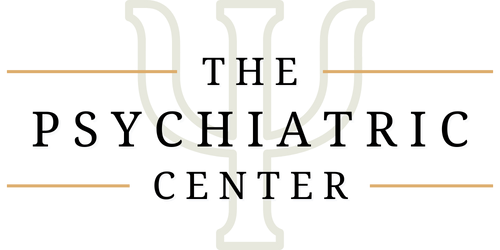Post-Traumatic Stress Disorder (PTSD)
When the past won’t stay in the past — we help you feel safe again.
What Is PTSD?
PTSD develops after exposure to a traumatic event — whether a single incident or prolonged experience — that overwhelms your ability to cope. It can follow events like assault, abuse, combat, accidents, natural disasters, or medical trauma.
PTSD is not a sign of weakness. It’s a natural reaction to overwhelming experiences, and it deserves expert, trauma-informed care.
Common Symptoms of PTSD
- Flashbacks or intrusive memories
- Nightmares or disturbed sleep
- Hypervigilance or feeling constantly on edge
- Avoidance of reminders (people, places, situations)
- Emotional numbness or detachment
- Difficulty trusting others or feeling safe
- Anger, guilt, shame, or irritability
- Trouble concentrating or feeling “present”
PTSD can affect how you think, feel, connect — and how you relate to your own body.
How PTSD Shows Up Differently
Veterans & First Responders
- Combat-related trauma, moral injury
- Survival guilt, loss of identity after service
- Suppressed emotional expression due to “toughness” culture
Survivors of Abuse or Assault
- Ongoing triggers in relationships, intimacy, or trust
- Dissociation, body image concerns, or fear of being out of control
- Complex PTSD from childhood trauma or repeated experiences
Medical & Birth Trauma
- Anxiety triggered by hospitals, exams, or even reminders like beeping sounds
- Postpartum PTSD from traumatic deliveries or NICU stays
Children & Adolescents
- Behavioral regression, irritability, school avoidance
- “Acting out” that’s actually a stress response
- Misdiagnosis as ADHD or oppositional behavior
Our Trauma-Informed Treatment
We offer a safe, validating environment and a stepwise path to healing:
- Comprehensive psychiatric assessment, including trauma screening
- Personalized therapy using evidence-based models like:
- Trauma-focused CBT
- EMDR
- Narrative therapy
- Somatic and body-based approaches
- Medication options to reduce reactivity, improve sleep, and stabilize mood
- Collaboration with trusted support systems (family, medical providers, legal advocates if needed)
We move at your pace — whether you’re ready to process or just need help feeling steady.
FAQs – PTSD
- How do I know if I have PTSD vs anxiety or depression?
There’s often overlap. We help clarify what’s trauma-driven and create a treatment plan from there. - Is medication required?
Not always. Many people improve with therapy alone, but medications can help reduce symptoms that interfere with progress. - Do I have to talk about my trauma in detail?
No. Therapy can begin by focusing on safety, stabilization, and coping — you control the pace. - Can PTSD get better?
Yes. With the right treatment, many people experience major relief and regain a sense of self.
✅ You Deserve to Feel Safe in Your Body and Your Life
📞 Call Us: (478) 745-9206
📍 3100 Ridge Ave, Macon, GA
🗓 Appointments within 1–2 weeks
Schedule a Psychiatric Evaluation →
Explore Therapy Options →
View All Conditions →
